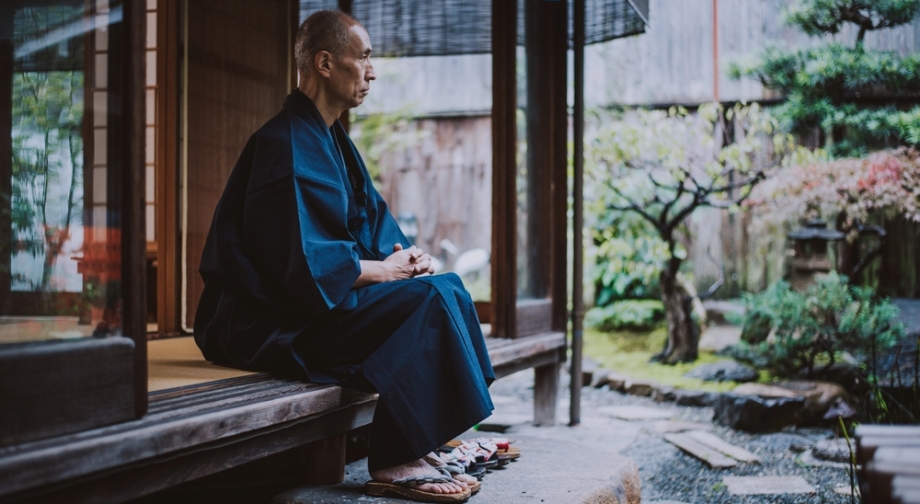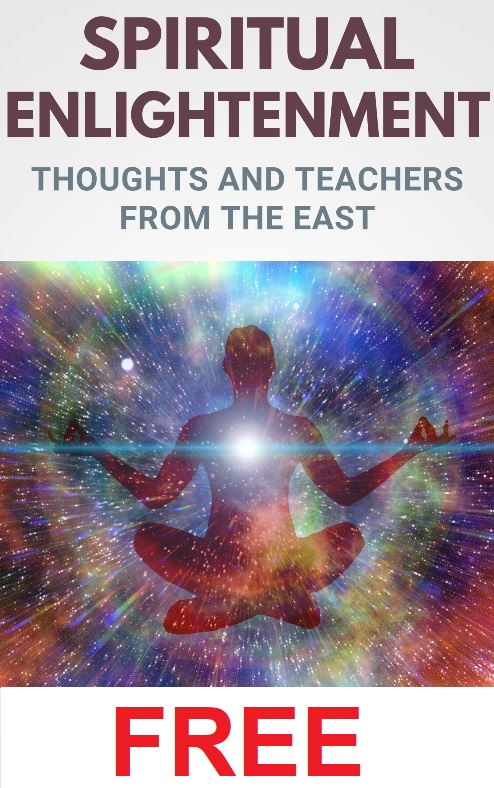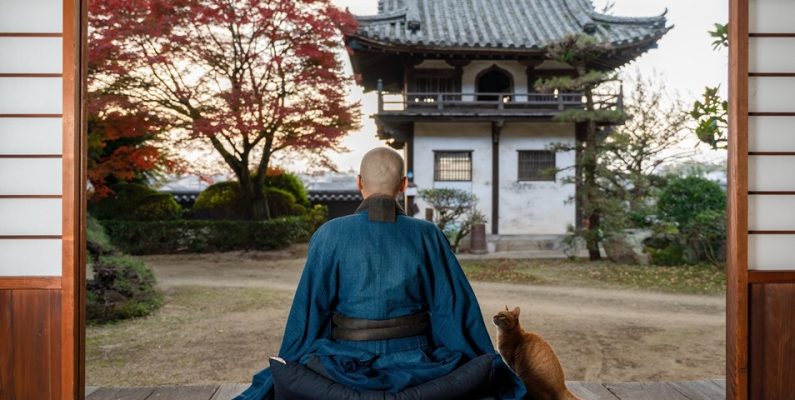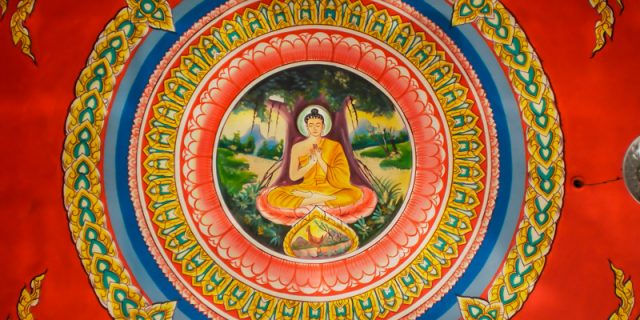
The word Satori in Japanese Zen Buddhism is used as a term for spiritual enlightenment, awakening, comprehension, insight or understanding. The root of the word lies in the verb Satoru, which means “to know” or “to understand”.

Reaching or “achieving” Satori — depending on the Zen lineage, through either sudden or gradual awakening — is the core aim, that is, the ultimate goal of the Zen Buddhist practice, of which it’s said that it will finally lead to so-called Buddhahood.
In Japan, the term Satori is generally used interchangeably with the term Kenshō, which consists of the two parts Ken (“seeing”) and Sho (“nature” or “essence”). Nevertheless, depending on Buddhist scholars or Buddhist Zen masters, Kenshō rather refers to a brief glimpse of ultimate reality and truth, in contrast to Satori, which is considered a deeper insight in the nature of reality.
Satori is thought to be inexplainable, indescribable, and not to be understood through reasoning or logical thinking. In fact, the core idea behind “reaching” Satori in Zen Buddhism is that one can actually do nothing to achieve it. “Just sit” as proclaimed in Zazen is Satori, that is, our natural, conscious, awakened state, which is said to have been the final experience of the Buddha’a own search.

Nevertheless, depending on the Zen school or lineage, there’s the idea that the Satori experience fluctuates and needs to be deepened before it becomes stable and an integral part of one’s being. The term Daigo or Daigo-Tettei (Dai means “great” and Go means “realization”), relates more to this latter aspect, and is subsequently translated as the “Great Realization” or “Great Enlightenment”, considered a deeper, final and lasting realization of “truth,” the nature of existence, and the meaning of Self.
Other Zen schools however, refute this way of looking at spiritual enlightenment, stating that there are no “levels” of awakening or understanding: once there’s insight, once the truth is really seen, Satori is and stays.
In any case, abiding in Satori — through whatever way achieved — and seen as a “state” of ultimate understanding of existence, is said to naturally bring calmness and equanimity, peace of mind, wisdom and compassion, happiness and bliss.















